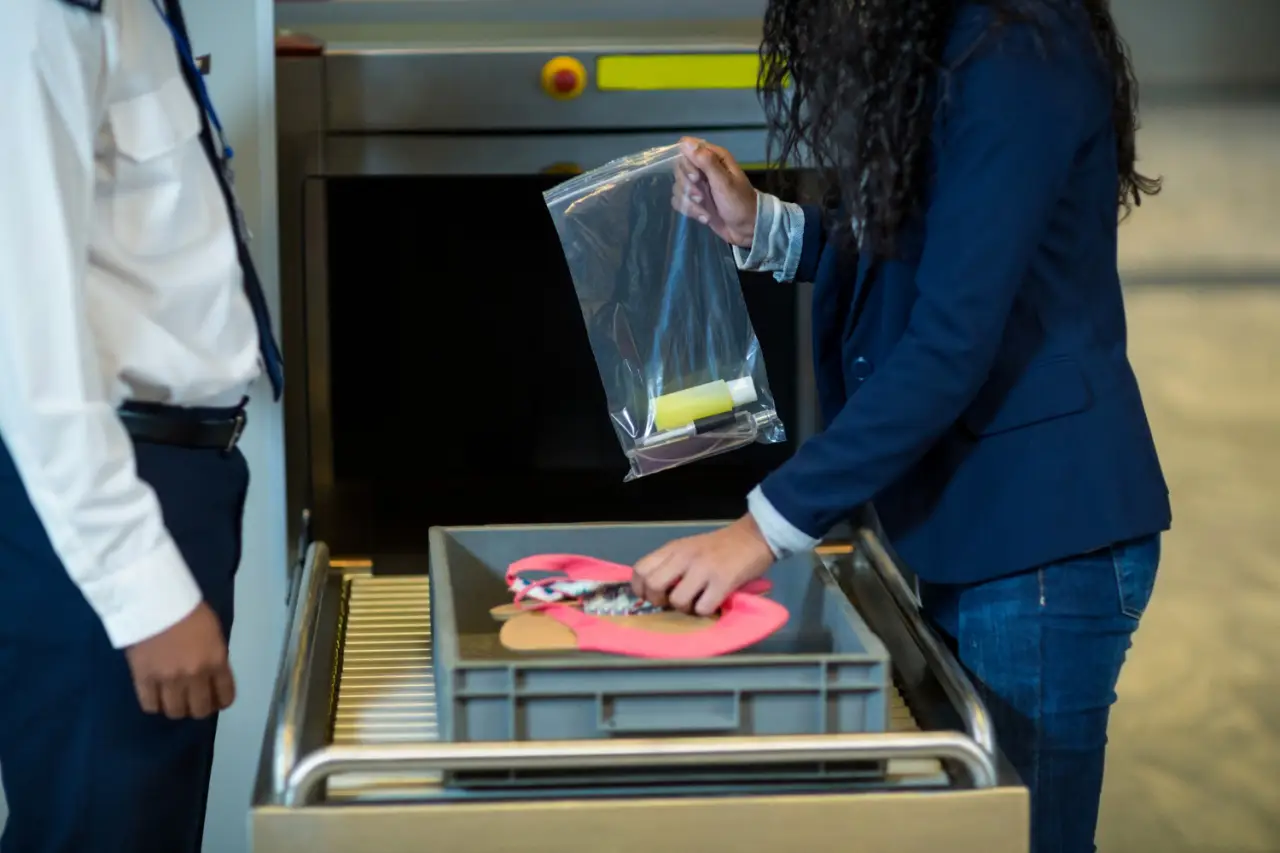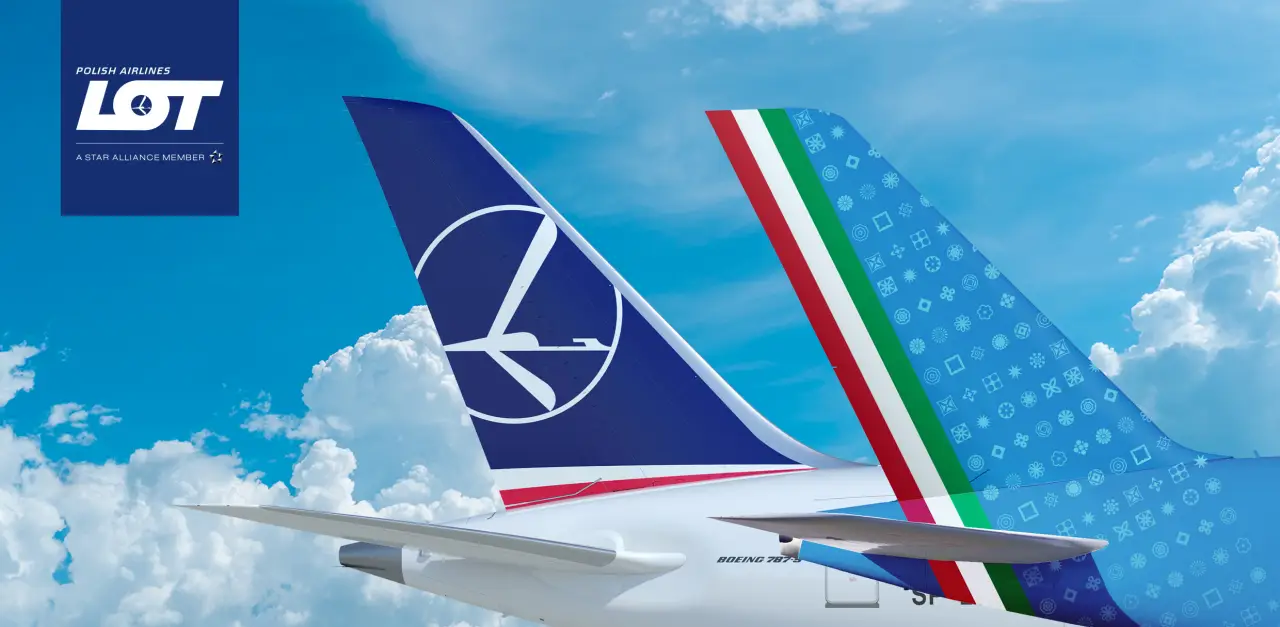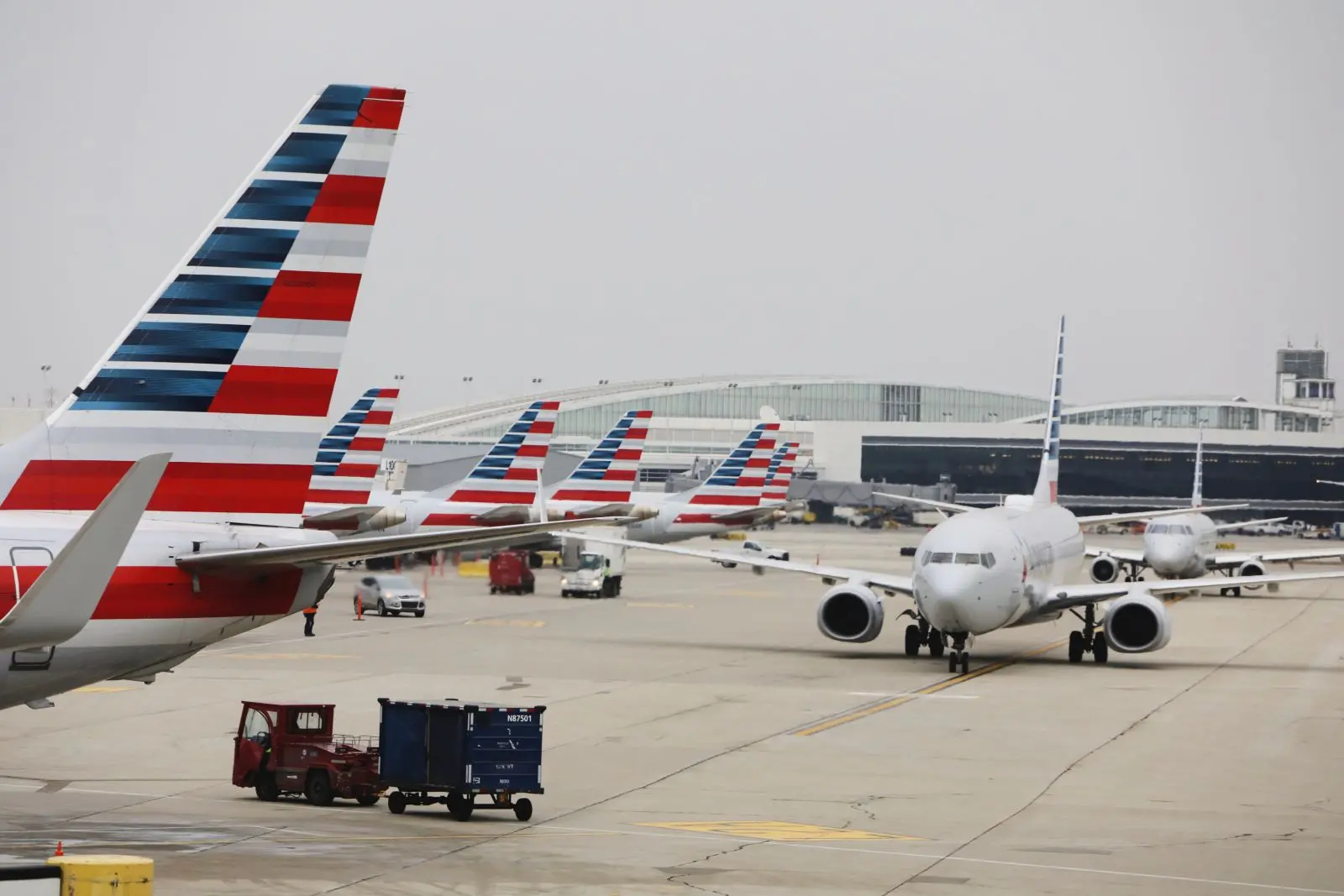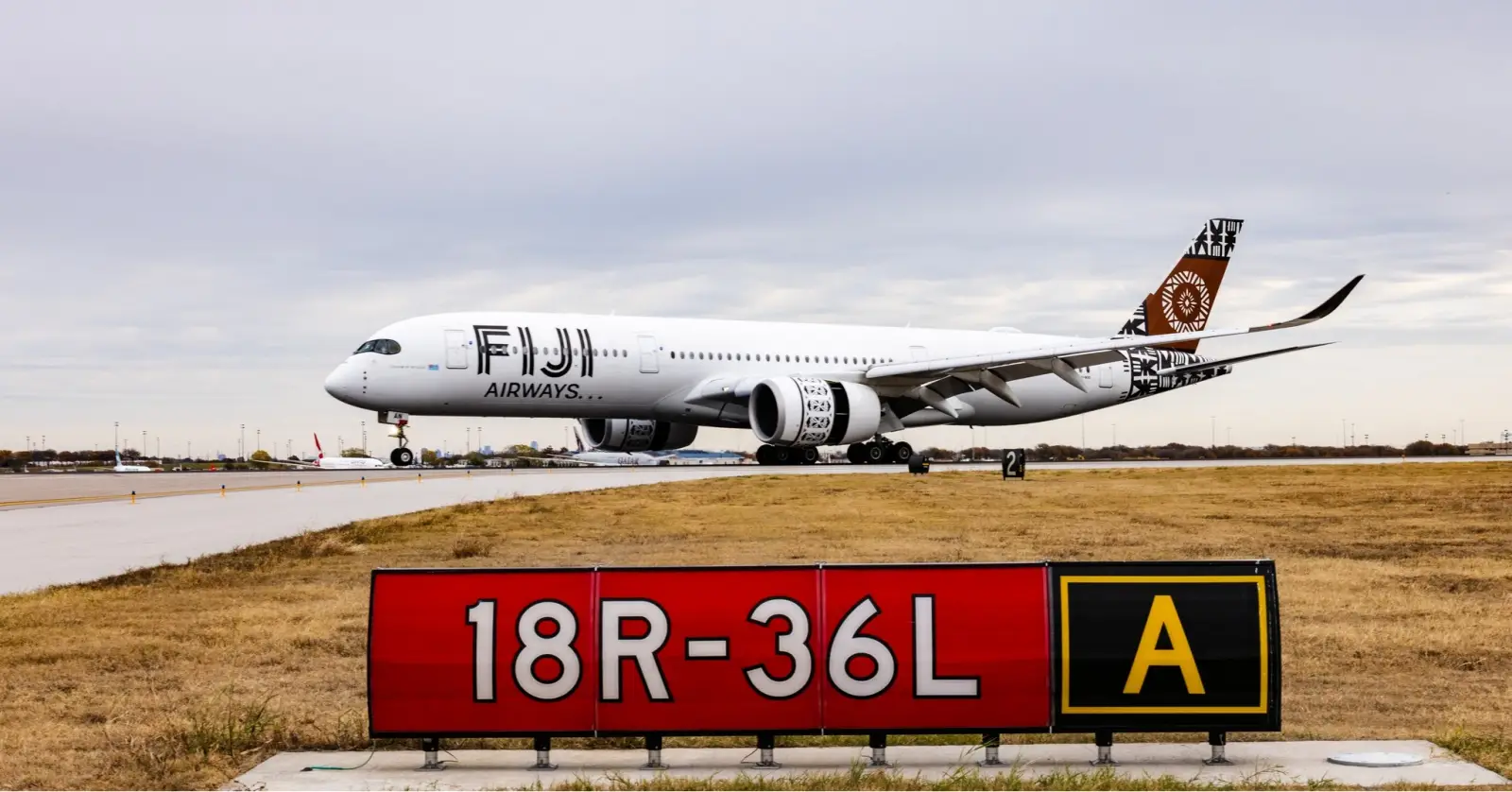U.S. airports are testing a new process known as International Remote Baggage Screening (IRBS), a technology-driven initiative designed to streamline customs procedures and reduce wait times for international travelers. The program, developed in partnership between American Airlines and U.S. Customs and Border Protection (CBP), is being piloted on the airline’s daily flight from Sydney Kingsford Smith Airport (SYD) to Los Angeles International Airport (LAX), with expansion expected to follow.
The IRBS initiative allows passengers arriving in the United States from select foreign airports to bypass the traditional step of claiming and rechecking their checked baggage before connecting to a domestic flight. Instead, travelers can proceed directly from passport control to their TSA security checkpoint and onward to their next flight. The baggage screening process is conducted remotely, using advanced technology that allows CBP personnel to review the x-ray images of checked luggage taken at the foreign airport prior to the aircraft’s arrival.
Technology-Enabled Travel
The primary goal of the IRBS system is to enhance efficiency without compromising security. Passengers will only need to interact with their luggage again if it is specifically referred by CBP for additional inspection. Otherwise, the bags will be automatically transferred to the final destination. This advancement in international processing eliminates one of the most time-consuming aspects of entering the U.S. and makes it easier for travelers to meet tight connection times.
CBP officials say the initiative marks a critical step in the agency’s broader Airport Modernization Plan, which focuses on improving security and traveler experience through technological upgrades at Federal Inspection Stations. By remotely reviewing baggage, CBP is able to make quicker decisions and reduce processing times for arriving international flights.
Diane J. Sabatino, Acting Executive Assistant Commissioner at CBP’s Office of Field Operations, explained that this proactive approach supports the agency’s mission of both safeguarding the nation and facilitating travel. “The International Remote Baggage Screening initiative is a significant step forward in modernizing our processes and providing a secure and seamless experience for international travelers,” she said.
For American Airlines, IRBS is part of a larger strategy to reimagine the international travel experience. It complements the airline’s One Stop Security program, launched in February, which is designed to simplify and speed up screening procedures for passengers making international connections. According to the airline, IRBS is a reflection of its commitment to innovation and passenger comfort in an increasingly complex travel environment.
Gary Tomasulo, Vice President of Global Corporate Security at American Airlines, emphasized the collaborative nature of the program. “By leveraging advanced technology and working with Sydney Airport and our vendor partners BagCheck and Brock Solutions, we are enhancing safety and security while streamlining the CBP baggage inspection process to make global travel smoother and more convenient for our customers,” he said.
The pilot program is also supported by Sydney Airport, where officials view the move as a win for passengers. Graham White, Head of Security at Sydney Airport, called the project a positive shift in the way passengers experience international transit through the U.S., noting that it aligns with priorities like safety, efficiency, and service.
Currently, the IRBS program is limited to the Sydney–LAX route, but both American Airlines and CBP have indicated plans to expand the initiative to other cities and carriers in the near future. As part of the modernization plan, this partnership demonstrates a clear effort to strike a balance between technological innovation, traveler convenience, and national security.
For international passengers entering the United States, the days of waiting at the baggage carousel and rechecking luggage may soon be over. With IRBS, U.S. airports are entering a new era of smart processing—where seamless experiences don’t come at the cost of safety, but are powered by it.












